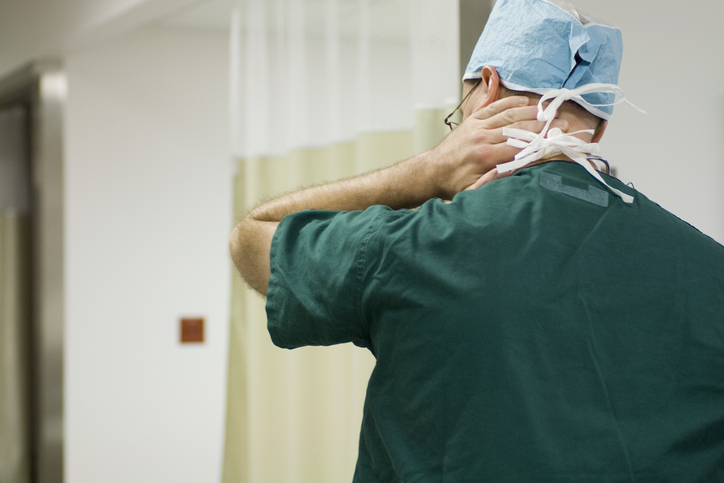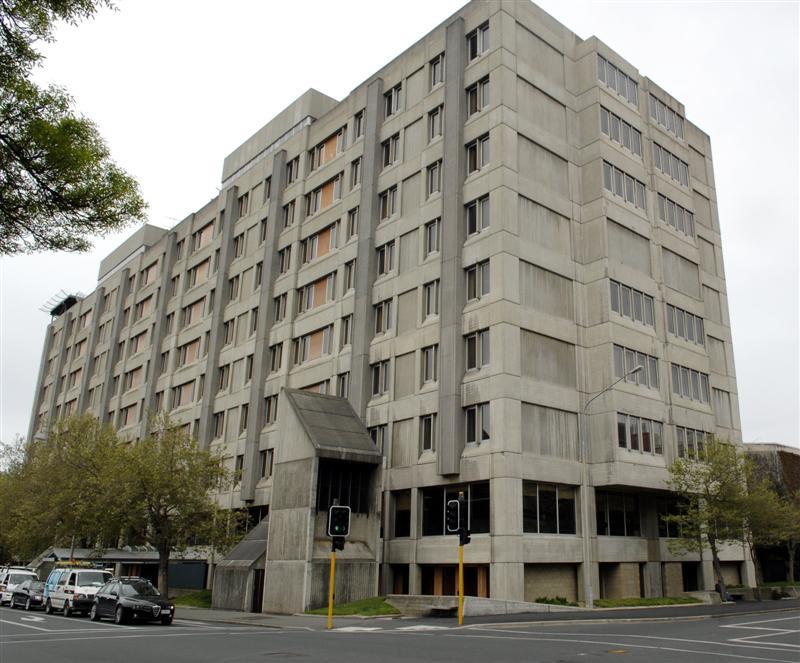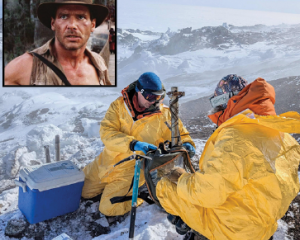
Medical workloads are so bad that thousands of doctors across the country are severely burnt out - to the point one says she became suicidal after repeatedly being told by her bosses that patients would die if she took time off.
"I couldn't see another way out of the situation. I would rather not be alive than deal with this because there was no end in sight."
Dr X shared her harrowing experience of working in a public hospital amid a new report revealing one in two senior doctors are suffering high levels of burnout in New Zealand.
It comes after The New Zealand Herald yesterday reported sick and injured patients are being left in hospital corridors for hours and ambulances queuing outside Auckland emergency departments as demand continues to skyrocket. And mothers with high-risk pregnancies are occasionally being transferred out of the Auckland area to give birth because no beds were available in the region.
Today the Association of Salaried Medical Specialists (ASMS) - the union representing thousands of senior doctors across the country - released the report showing the alarming rate doctors and dentists are being overworked.
The report defines burnout as "not a sign of an individual weakness or failure to cope" but as a syndrome of excessive physical and psychological fatigue and exhaustion.
Experts warn the impact on patients could be deadly.
The group also feared the problem would get much worse after the Government on Wednesday announced a three-year pay rise freeze for all public sector workers earning more than $100,000. And those earning more than $60,000 are only being granted pay increases in "exceptional circumstances".
Key findings of the report included:
• 50 percent of senior doctors are experiencing high levels of burnout.
• Burnout affects more female doctors (57 percent) than male (42 percent).
• Southern DHB recorded the highest levels of overall burnout (63 percent), a significant increase. Its work-related burnout sits at 61 percent, up from 38.5 percent in 2015.
• Radiation oncologists, rural hospital specialists, respiratory physicians and emergency department specialists recorded the highest burnout levels.
Dr X said she had given so much to her job and sacrificed family milestones to make sure patients were well taken care of.
"It was never-ending and management were not taking it seriously," she said.
"I emailed [my bosses] saying I need to stop, I am seriously burned out and I need to stop my workload expanding."

"I was told my burnout was my personality, even though one of my other colleagues was also burnt out.
"Sexism in medicine adds to the problem. Concerns of mine are minimised because I'm a woman, because I work part-time to try and manage my workload and my family life, I hear I'm not a proper doctor because I don't work full-time."
During a near two-year battle with DHB management, Dr X was able to reduce her hours. Now she is back working nearly full-time.
Her experience is not isolated.
In the report, other doctors spoke of working every day for six weeks during Covid-19 lockdown and battling to meet patient needs.
"I face most days with an anxious feeling before I've even left the door, and worse if I am on call," one said.
Dr Charlotte Chambers, ASMS director of policy and research and report author, said Dr X's story was not surprising and consistent with other doctors' horror stories.
She said the report highlighted not enough was being done to manage clinical workloads and burnout risk.
"Wellbeing is a formal responsibly of an employer and DHBs have not been meeting their obligations," Chambers said.
"They need to be providing opportunities for more flexible working arrangements, and better rest and recovery time for those doing on-call and shift work. The normalisation of excessively long working hours needs to stop."
Health Minister Andrew Little said Dr X's situation was very serious and her manager had a duty of care to make sure her health needs were being looked after.
"It is the responsibility of DHBs as employers to make sure they are keeping good supervision and monitoring of the health of their staff.
"It is also the responsibility of ASMS as the union to make sure those proper measures are in place and doctors are receiving the management support that they're entitled to have to look after their health," Little said.
Anna Clark, the Ministry of Health's deputy director general of health workforce, said the ministry had met with the union and acknowledged the stresses in the system.
"We are committed to aiding all aspects of the system to help address the issues," Clark said.
She said the health reforms should offer greater certainty of workforce planning through a more interconnected system.
There had been significant investment in the medical workforce over recent years including increasing the number of medical school places and recruiting more SMOs, she said.
Meanwhile, demand for medical care continues to increase. Middlemore, Auckland City and North Shore Hospitals sent an alert to ambulances on Monday night warning that they were nearing maximum capacity.
Emergency responders were told to transport patients to "alternative facilities" such as community accident and medical centres or, in less severe cases, sending a paramedic to treat them at home.
Operating well above maximum capacity was a problem that had escalated this year with the backlog of planned care that had been put on hold because of Covid-19, one emergency doctor told the Herald.
Spokespeople for Auckland, Waitematā and Counties Manukau district health boards confirmed there had been an increase in admissions - but said even at the busiest of times staff would always ensure anyone presenting to a hospital would get the right care as soon as possible.
Hospitals' advice to the public:
• If you're unsure where you should go for care, call Healthline for free advice from a nurse on 0800 611 116.
• If it's a serious or life-threatening emergency, don't hesitate to call 111 or go to the emergency department.
• If you have an appointment at our hospitals or clinics, please attend the appointment as scheduled.
Where to get help:
• Lifeline: 0800 543 354 (available 24/7)
• Suicide Crisis Helpline: 0508 828 865 (0508 TAUTOKO) (available 24/7)
• Youth services: (06) 3555 906
• Youthline: 0800 376 633
• Kidsline: 0800 543 754 (available 24/7)
• Whatsup: 0800 942 8787 (1pm to 11pm)
• Depression helpline: 0800 111 757 (available 24/7)
• Rainbow Youth: (09) 376 4155
• Helpline: 1737
• If it is an emergency and you feel like you or someone else is at risk, call 111.
Comments
Sadly, no surprises here. Far too many managers have little or no clinical experience, they need to work in the departments at least part of the time to see what life is really like. The worst culprits work for the MoH. They live in different reality but cause death and destruction by their decisions and lack of support. Time Little resigned, he's worse than Clark.
Is splitting the system into Maori and non Maori really such a good idea given the situation? Or will dividing resources make the situation worse? Discuss. I'd be interested to hear from all sides.











